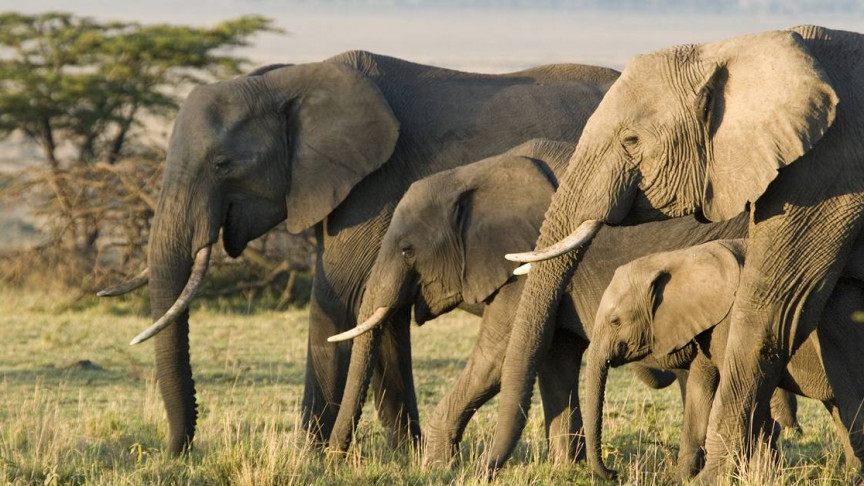
interestingengineering.com
Study Explains Why Elephants Are Surprisingly Cancer-Resistant
Elephants are massive and have a long life-span. Shouldn't that mean they should eventually get cancer at some point? Apparently no.
Culture & Entertainment
Did you know that elephants are surprisingly cancer-resistant? This is surprising considering how long they live and how massive their bodies are.
“One of the expectations is that as you get a really big body, your burden of cancer should increase because things with big bodies have more cells,” explained in a statement biologist Vincent Lynch, Ph.D., assistant professor in the Department of Biological Sciences in the University at Buffalo College of Arts and Sciences.
“The fact that this isn’t true across species — a long-standing paradox in evolutionary medicine and cancer biology — indicates that evolution found a way to reduce cancer risk.”
Lynch and his team have been investigating what may be the cause of this evolution in these large mammals.
"We explored how elephants and their living and extinct relatives evolved to be cancer-resistant,” Lynch added.
“We have past research looking at TP53, a well-known tumor suppressor. This time, we said, ‘Let’s just look at whether the entire elephant genome includes more copies of tumor suppressors than what you’d expect.’ Is the trend general? Or is the trend specific to one gene? We found that it was general: Elephants have lots and lots and lots of extra copies of tumor suppressor genes, and they all contribute probably a little bit to cancer resistance.”
What the researchers discovered is nothing short of extraordinary. Elephants, it turns out, harbor extra copies of tumor suppressor genes and genomes that possess some unique duplications that may also contribute to tumor suppression.
Now, the scientists are looking to see how their findings could contribute to preventing or treating cancer in humans.
“By determining how big, long-lived species evolved better ways to suppress cancer we can learn something new about how evolution works and hopefully find ways to use that knowledge to inspire new cancer treatments,” said Lynch's partner Juan Manuel Vazquez, Ph.D., a postdoctoral researcher at UC Berkeley.
The study was published in the journal eLife.
























































